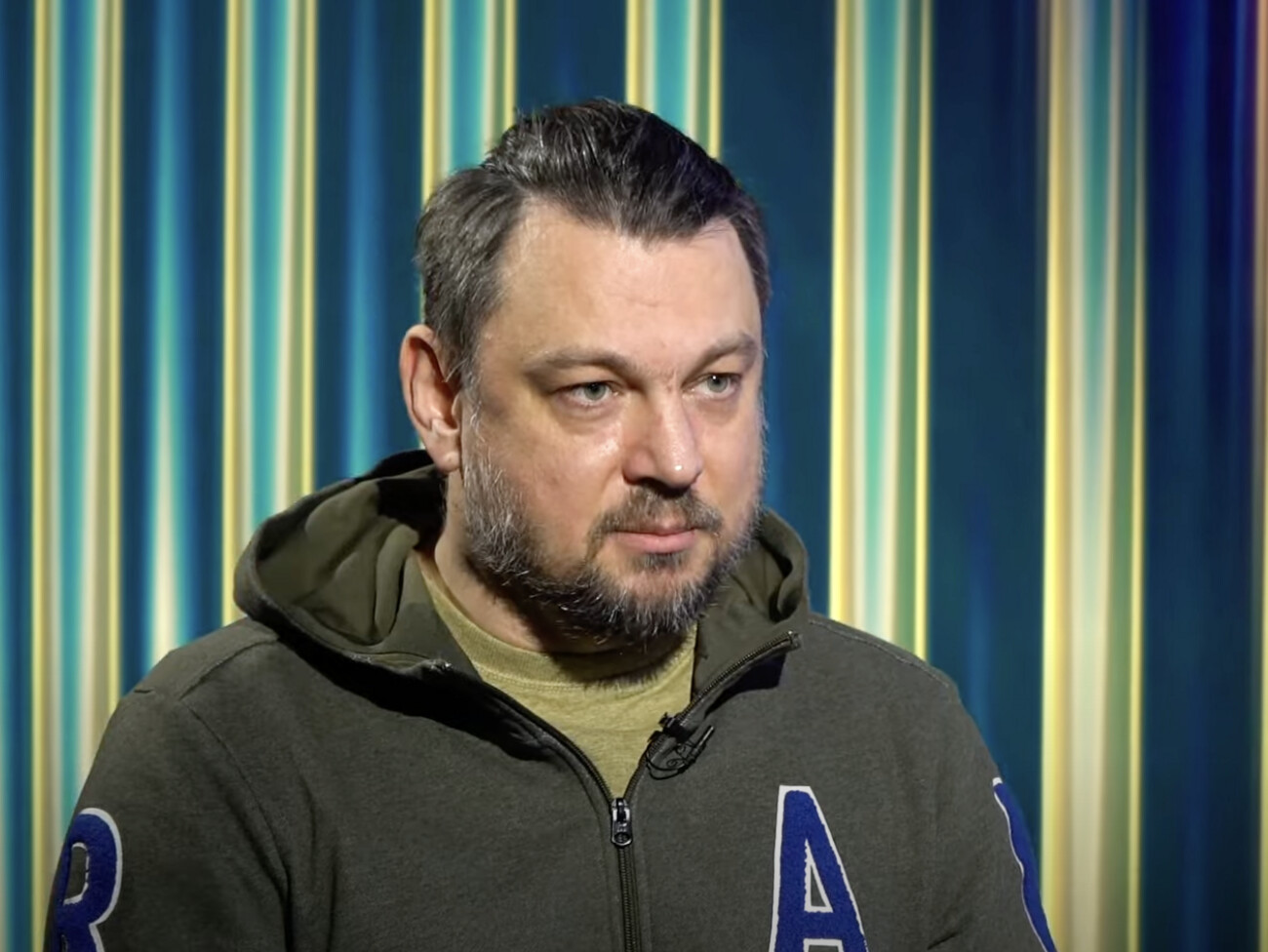"A lot of nuances are immediately apparent. From whom to take the shares, and how much? How do you determine what is Russian and what is not? How do you identify those who are well hidden? And did they really hide, or did it just seem that way to the Security Service, the State Bureau of Investigation, and the Prosecutor General's Office? There are still very important questions. Should the shares of other owners be withdrawn as well? What if the shares are registered in the names of fictitious persons? How do you know who is pro-Russian and who is not? The main thing is how to prevent banal looting under the guise of state policy? There is a lot of talk about what and how to nationalize. Isn't this process driven by a simple desire to take advantage of the situation to gain control of a profitable business through the Asset Recovery and Management Agency (ARMA)? Or is it just a desire to "rob" the owners, calling them pro-Russian," he said.
Liamets drew attention to three situations like this. The first is the sanctions on the gaming market, "following which the Russians strangely continue to work." The second is the producer of Morshynska water: all shares of the company were seized and transferred to the management of the ARMA, although the share belongs to non-Russian owners and should not have been seized. The third is the situation around the TIS cargo ports in Odesa.
"TIS is a common brand under which several completely different terminals operate on the territory of Pivdennyi port. They have the same name, but they belong to different people, and this happened long before the war started. The owner of TIS-Zerno and TIS-Mindobryva is Oleksii Fedorychev. Firstly, he is called a Russian oligarch because he does a lot of business in Russia. Second, he has never been a citizen of the Russian Federation. Finally, the ties to the Kremlin have not been proven," writes the journalist.
The same Pivdennyi port is home to terminals owned by Ukrainians, he adds.
"And now, I am asking: what to do about it? Should all the property that operates under the TIS sign be taken away? Should only part of it be taken away, or should it be taken away at all? These are the thoughts that have been circling in the minds of some security officials, and not only security officials, for many months now," notes Liamets. "In my opinion, the marker today is the Armed Forces' assistance. It is not only the fact of its existence that matters, but also its large scale. This is always a problem for the Russians because they will have problems at home if they directly support the Ukrainian Armed Forces. That is why they are trying to substitute aid to the Ukrainian army with a certain surrogate, for example, 'humanitarian aid' to IDPs. Or they try to "help a little."
The journalist states that he had not heard about Fedorychev's assistance to the Ukrainian Armed Forces. "Meanwhile, TIS-Zerno participated in the grain corridor, and Fedorychev received money from Ukraine. He did not even sit quietly, as most Russian oligarchs did. Fedorychev is suing [Ukrainian President] Volodymyr Zelenskyy to lift the sanctions against him," he writes.
Lyamets believes that this is the criterion that should work.
"If you know of another one, suggest it. Of course, I propose that Oleksii publicly declare his support for the Armed Forces and take certain steps. You do not even have to sponsor the purchase of drones, but you can help with humanitarian aid because you cannot sit on two chairs. Then, of course, the SSU should take this bold step of his into account. In the meantime, we are watching the seizure of property of Russian oligarchs in Ukraine," summarizes the journalist.


 +1 Kyiv
+1 Kyiv


